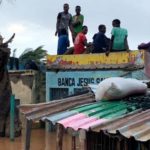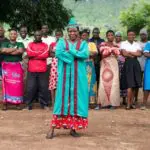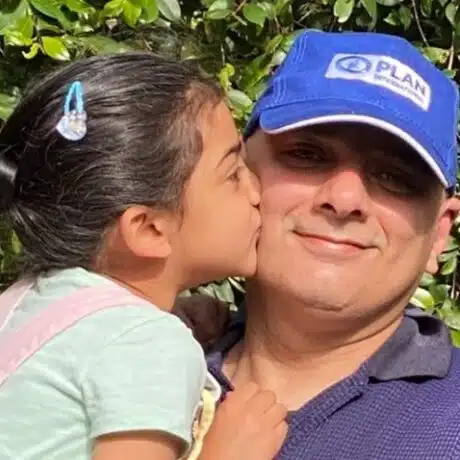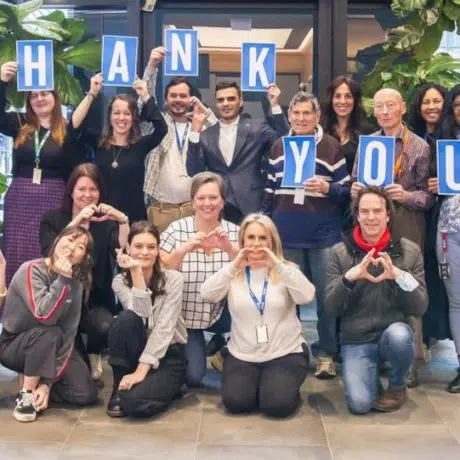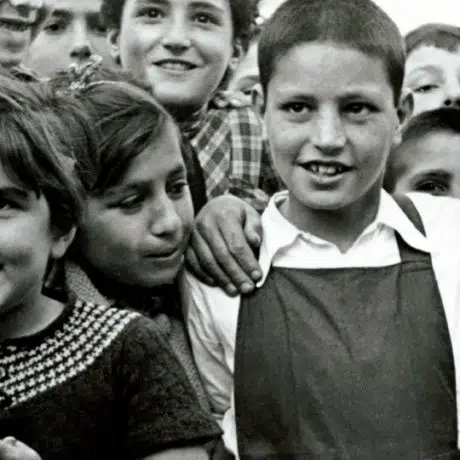News and Stories - Sponsorship - 9 April 2019
25 years in Morang, Nepal
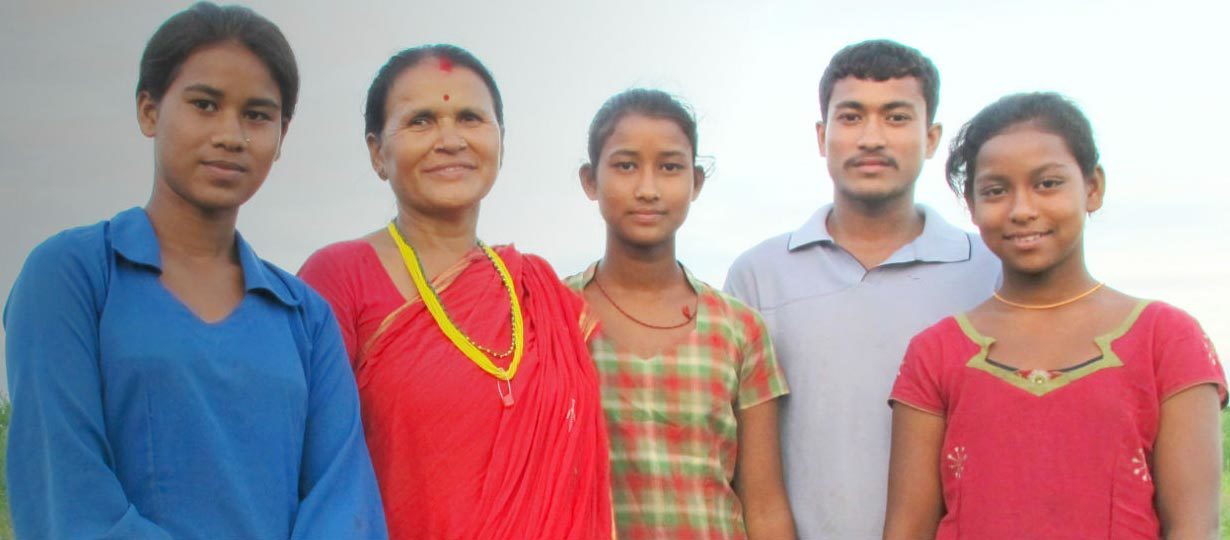
We often share stories of the amazing work your generous support, through sponsorship, makes possible, but what does it look like when a community progresses so much that our programs can carry on without Plan International’s presence?
When it comes to our work in communities, that’s always the end goal. The purpose of our long term development programs is to work alongside children and their communities for a period of time. Together we improve infrastructure and access to resources, and cultivate an environment of self-sustainability and change, so that eventually Plan International’s presence is no longer needed.
Phasing out of a community is always bittersweet. Though it means sponsors have to say goodbye to the children and the community that they have so generously supported, it’s for the very best reason. It means that together, with local government, our local partners and the community, we’ve been successful in bringing about enormous and sustainable change.
In June this year, after 25 years of working within 12 rural municipalities in the district, Plan International will bid farewell to the people of Morang, Nepal. During our time operating here, the support of sponsors like you has been instrumental in achieving major improvements around health, water and sanitation access, education, hygiene and the championing of children’s rights. Here’s how sponsorship has changed the lives of children and their communities in Morang, Nepal.
Advocacy and Rights
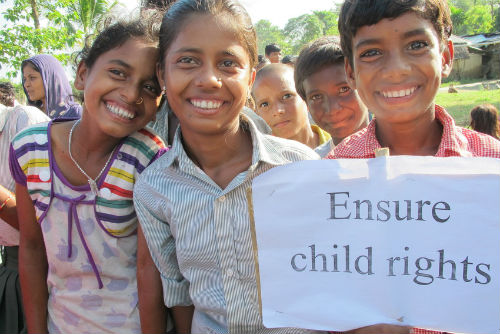
- – Sita, 15 year old participants in Plan International’s life skill classes
Children in Morang have taken the lead in standing up for their rights and we’ve helped them to do so over the course of our time here, by forming 283 children’s clubs in the area. Through rallies, drama performances and training workshops, over 28,800 children have been involved since 1994. Together, they’ve raised awareness, addressed local leaders, authorities and other young people, and campaigned for change on issues like child marriage, trafficking, child labour and gender-based discrimination.
In recent years, we’ve also facilitated the formation of Young Women’s Organisations in Morang, which have seen over 3,500 adolescent girls and young women undertake training and education about their rights. They, like the children’s clubs, have united to campaign against issues that affect them, including domestic violence, child marriage, sexual harassment and trafficking and as a result of their campaigning, the majority of areas in the district have been declared ‘child-marriage-free zones’.
Economic empowerment
“It was difficult for my father to meet the basic needs of our family, but when I joined a tailoring course and started a small shop, this helped me to support my father to cover the cost of our family expenses. Thank you Plan International and sponsors for the support to change our life.” – Alisa, 20 year old sibling of a sponsored child.
In the communities we’ve worked with, sponsors like you have helped us to support families and marginalised groups, including women and people with disabilities, to undertake vocational training. The new skills and knowledge they’ve gained has allowed allow them to start businesses, generate sustainable incomes and provide for their families. Now, over 200 families are operating their own businesses in the area.
Vegetable farming is one of industry that has grown in Morang, and it’s the business that keeps on giving – an increase in fresh produce means families can eat what they’ve grown and make an income from the surplus. With the assistance of farming training, seed support and technical advice, many families have expanded their businesses, purchased land, repaired their houses and are able to send their children to school. Their businesses have also allowed them to save money in cooperative and microfinance institutions for the future.
Learn more about our work on economic empowerment.
Water, sanitation and hygiene
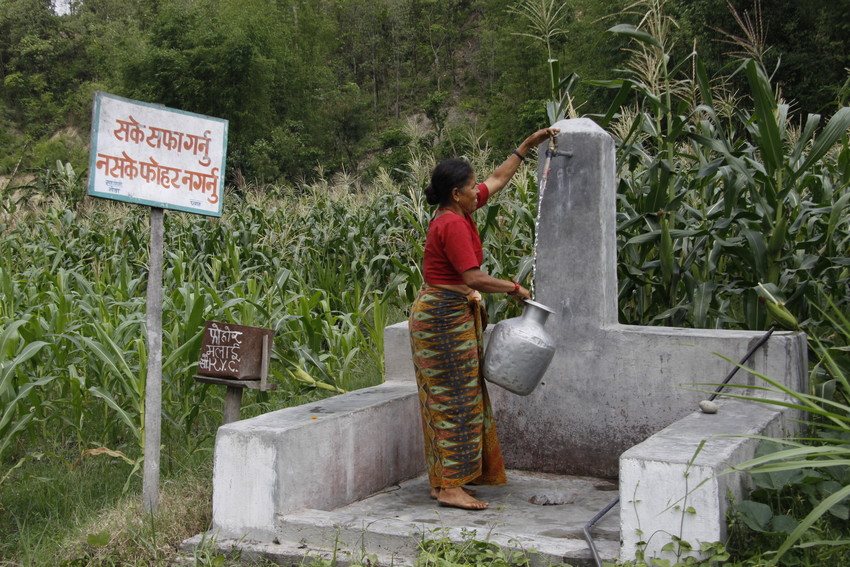
- – Bhumita Rai, beneficiary of drinking water project
We’ve worked to improve access to toilets and drinking water facilities in schools in Morang, and students from 44 schools have been supported to develop WASH plans for their school, encouraging hand washing, school cleanliness and taking responsibility for water management. 11 water supply systems have been installed in the hilly areas of Morang and where previously people would have had to walk long distances to collect water, over 1400 households now have access to clean drinking water.
Our Community Led Total Sanitation approach empowers the communities we work with to decide where toilets should be located and gives them the opportunity to take full ownership in improving sanitation by building the latrines themselves. As a result of the project, 23 areas in the district have been declared as ‘open defecation free’, 60,491 households across the district have benefitted and the government has now pledged to assist in making the entire district free from defecation in the coming years.
Learn more about how we work with communities to improve their access to water, sanitation and hygiene.
Education
We got training to make the pads, now we don’t have to miss classes during our menstruation period because my school has reusable sanitary pads and water in the toilet.- – 13 year old student, Samikchha participated in a sanitary pad making workshop and now finds herself comfortable to go to school while she is menstruating. Usually, girls in her community rarely go to school during their periods
In addition to upgraded toilets and menstrual hygiene workshops in schools improving attendance rates among girls, there has been a huge increase in school enrolment and attendance overall and dropouts have decreased. When Plan International first began working with communities in Morang in 1994, only 56% of children under the age of 18 were enrolled in, and attending classes. Now, 25 years on, 90% of them go school.
Plan International also helped established 92 additional Early Childhood Care and Development (ECCD) Centres in Morang and 90% of children aged between three and five are now receiving early childhood education, compared to only 18% of children in 1994.
Over the span of Plan International’s presence in the communities here, 27,600 children have graduated from these centres. We’ve further improved the quality of the learning environments by supporting children with school supplies and constructing/repairing over 200 school classrooms, providing furniture, painting, playing and learning materials.
These improvements have helped create safe and child friendly environments for children in Morang to learn and develop and are helping to lay the foundations for children’s futures.
Learn more about our work on improving education for all.
Positive Parenting
I am so proud that after parenting education, people learned about health facilities in their area. Parents now feel that education is very important in life so they started to send their children to school regularly, with clean clothing, combed hair and short finger nails.- – Nanimaya, 36 year old facilitator and teacher
In Morang, the support of sponsors like you has allowed parents to participate in positive parenting classes, increasing their knowledge on prenatal care, immunizations and child safety and nutrition. In addition to promoting the benefits of play, storytelling and socialisation, classes also have a gender equality focus, encouraging parents to treat all children the same, regardless of gender. Participation in these programs has led to an increase in the number of parents seeking health services during pregnancy/child birth and more positive and interactive relationships between children and parents.
Although it’ll be hard to say goodbye in June, it will be with great pride that we move on from Morang, knowing that each community has made incredible strides and it’s thanks to the support of sponsors like you, that the children, families and communities of Morang can now step into the future with the knowledge, skills, sustainability and resources that will keep them thriving. We won’t be going too far though – there are other remote communities in Nepal whom we are beginning to work with and we look forward to supporting them to achieve similar outcomes. Read more here.

